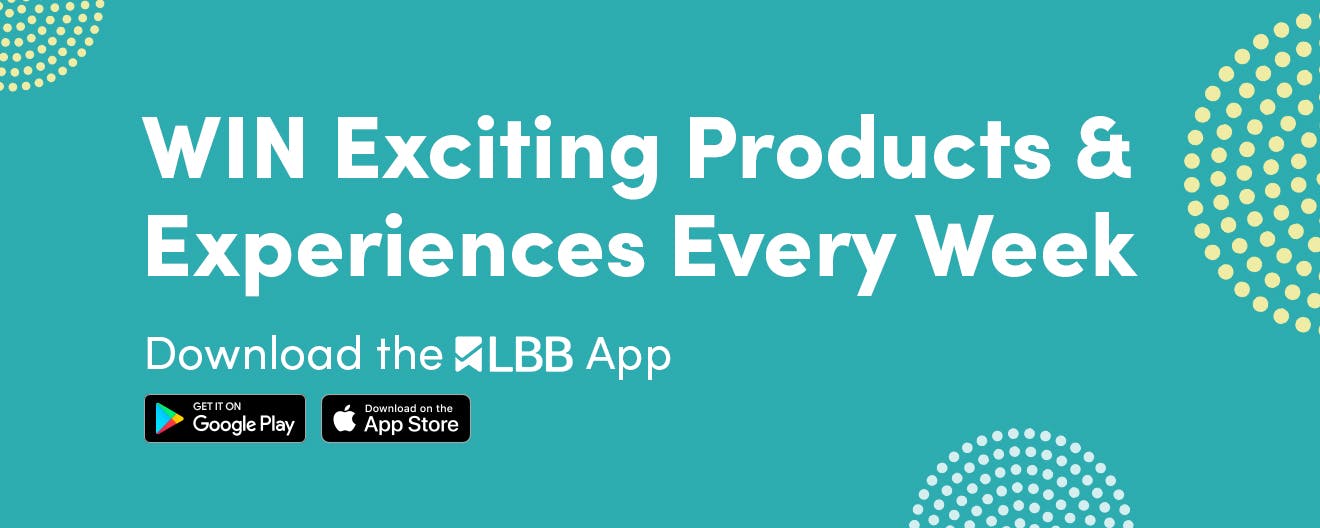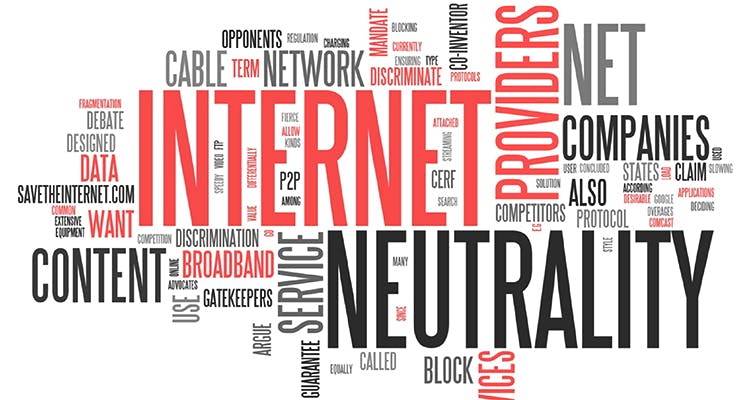I promise you, whoever you are, this concerns you, and there are only 788 words left.
This is about our internet. And about our money. And our freedom.
And about how they’re not ours for much longer.
Welcome to the Net Neutrality debate. #biggerthanthecensorshipdebate
We all pay for the technology that allows us to access the internet, in our homes and for our phones. And once we get online, we go where we want and do what we like. It is one giant, mostly-level playing field. I hope that this openness, this rewarding sense of a meritocracy will one day represent us as a generation, because unlike us, the internet doesn’t discriminate. If you want to read about molecular biology, you can; if you want to retweet whatever ridiculous thing someone in the RSS has said, you can do that too. You can watch Neil Degrasse Tyson talk about the Universe or watch a turtle try to have sex with a shoe.
Net Neutrality is the principle that governments and internet service providers should treat all data on the internet as equal. It seeks to ensure that both the full resources and the full potential of the internet are available to everyone. So if you have 10Gbs of data in your plan, it should always be yours to do with as you please.
But in the last few years, corporations figured that they could be more profitable if the internet wasn’t this open. Your choice (not a Deepika Padukone reference) creates a kind of free market, and by limiting choice, corporations create monopolies.
So, how do you limit choice on the internet?
Well, this is where our money comes in.
Service providers like Airtel just have to make it harder for us to access certain places on the internet. They can do this in two or three easy ways: they can make some kinds of data more expensive for us to use, or they can give some kinds of data preference and make that faster, or simply throttle and slow down other kinds of data.
Sadly, this isn’t a depressing vision of a dystopian future. Like Cyber Hub on Saturdays, this shit is happening. (Sorry, that was terrible, I know.)
In December last year, Airtel amended its service terms to exclude VoIP data from its 2G and 3G plans, meaning they could charge consumers more for using Skype or Viber. Which they did, a few days later. Earlier this week they announced Airtel Zero, a service where websites or applications could pay Airtel to let users access those websites or apps for free.
This may not sound terrifying, but it should, and is. What Airtel is doing here is allowing companies to buy preference. They’re breaking the internet into tiers – a paid one and a free one. Take Flipkart, for example, which has signed up for Airtel Zero. Under this system, browsing through thousands of high-resolution images on Flipkart wouldn’t cost you, while looking at Amazon or Snapdeal – companies that aren’t paying Airtel – will consume your data plan. It is also entirely likely that Airtel will give preference to data for Flipkart in exchange for whatever it pays to be part of Airtel Zero, meaning shopping on other websites becomes slower, creating levels, and creating digital VIPs.
And as an Indian, I fucking can’t handle any more VIPs.
The internet’s new (and well-deserved) hero, John Oliver, spoke for an open internet in a segment on net neutrality on his HBO Show, Last Week Tonight, soon after which the website of the US Federal Communications Commission crashed because of how many people logged on to register support. After years of public debate and service providers spending millions of dollars in lobbying efforts, the FCC ultimately did prohibit service providers from offering exactly this kind of paid prioritization where instead of innovating; companies could just purchase a competitive edge. It would also mean that newer voices find it harder to be heard and start-ups find it harder to compete.
Sadly, none of this is illegal in India right now. The Telecom Regulatory Authority of India encourages net neutrality, but stops short of enforcing it. TRAI–which like the FCC, is responsible for the laws that govern the service providers–recently released a consultation paper to figure out if changes were required in the current framework. You can read an abridged version of the paper here, and find details on how to email TRAI with your opinion. This is a chance to define something that will impact all our futures. Though a vast and complicated issue, I can’t encourage you enough to read more about it. We live in a world where some kids in a dorm come up with an idea and change how the world communicates. Let’s not fuck that up.

